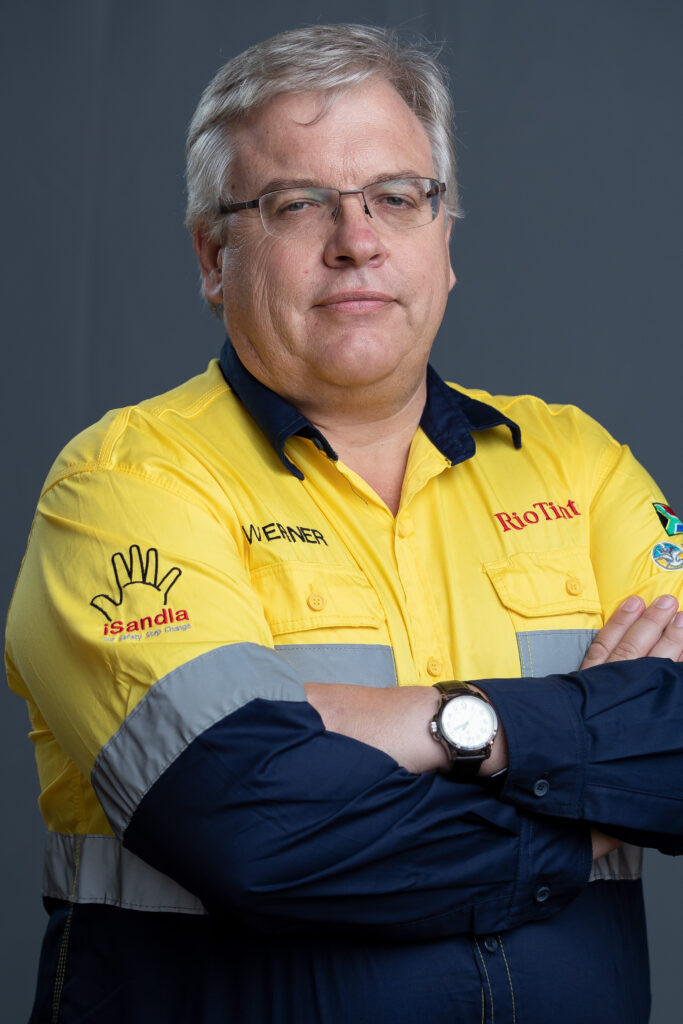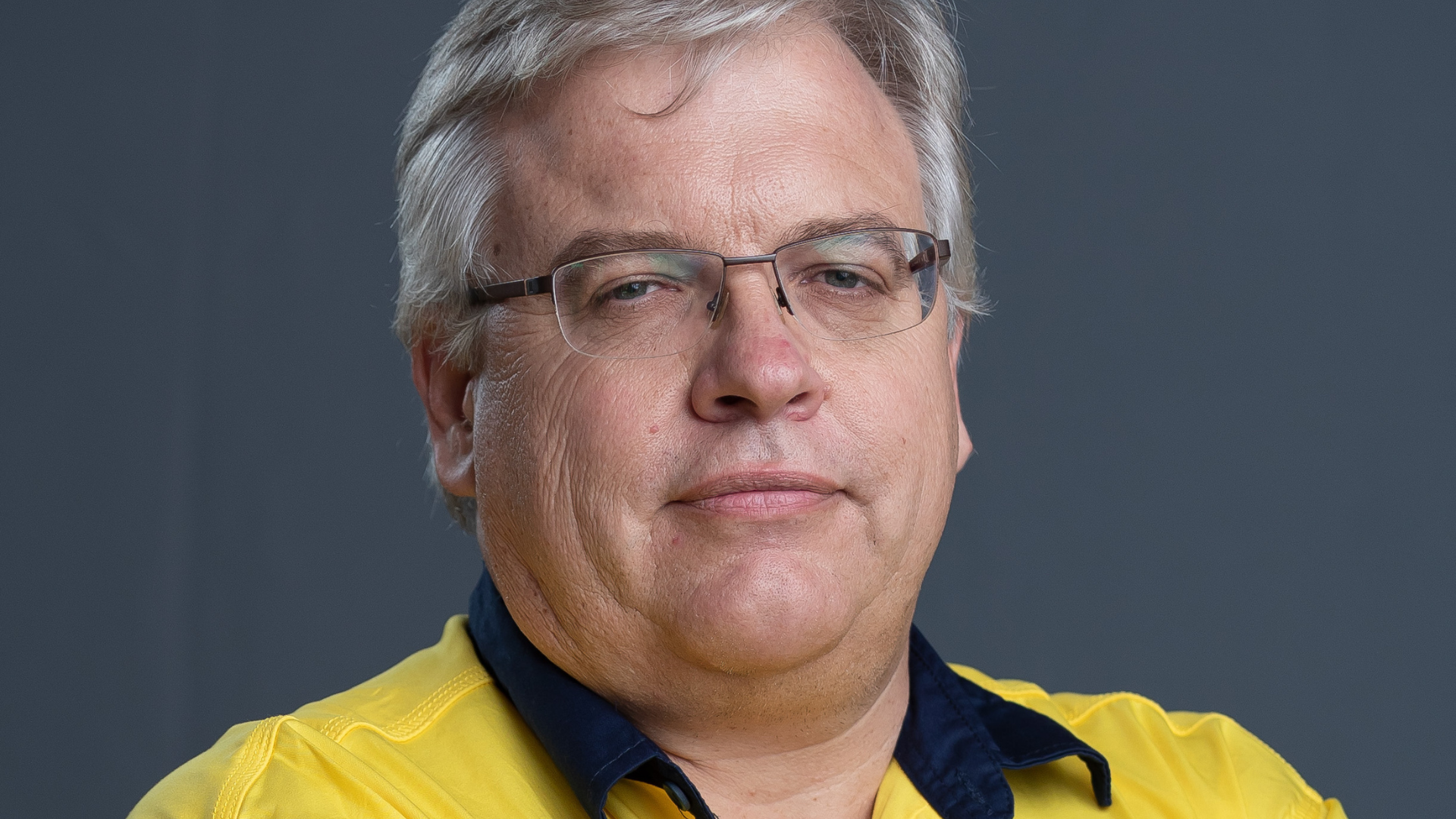Mining companies play a significant role in the economic development of many regions around the world and in the long-term sustainability of their host communities. Partnerships with these communities, governments, traditional councils, and various other stakeholders are key, writes Werner Duvenhage, managing director of Rio Tinto Iron and Titanium Africa Operations.
Mining operations can have far-reaching impacts on society, including contributing to the economic growth of a country, creating employment and education opportunities, and developing industries. The importance of the sector to South Africa’s economic landscape is evident in recent statistics from the Minerals Council revealed at the 2024 Mining Indaba.
Mining contributes roughly 7.5% of gross domestic product, provides direct employment to about half a million people, and has also played a role in resolving national crises by laying the groundwork for much-needed infrastructure.
Despite a slight decline of around 0.5% in overall mining output in 2023, primarily due to challenges such as electricity shortages, disruptions in transportation services, and criminality, the sector remains essential for the development of the economy and society at large. We are proud to be a key contributor to this success.
Rio Tinto has been making significant economic contributions to South Africa for over three decades. Through its operations, we have aimed to create meaningful social and economic impact, particularly in the communities where we operate. This is evident through initiatives like the Social and Labour Plan (SLP), Employment Equity plan, healthcare initiatives, Community Trusts, and our support for local projects like enterprise development and infrastructure.
The SLP aims to promote employment, advance communities social and economic interests, and contributes to the transformation of the mining sector. Today, 83% of Rio Tinto and Richards Bay Minerals mine and core contractor employees live in local municipalities. Thus, programmes such as training and skills development play a vital role in providing skills and employment opportunities to our host communities and foster long-term sustainable growth.
Equality is another important tool toward the sustainably of our host communities. Through our Employment Equity plan, which focuses on the development and recruitment of people from our local communities, we have made it possible for the mine to have men and women from all backgrounds employed in both core and supporting positions at the mine.
Community Trusts, established in 2009 are also a crucial mechanism to deliver broad-based economic benefits, facilitating community sustainability beyond the life of our mine. To give perspective, RBM has distributed over R500 million to the four host Community Trusts since 2010.
Our ongoing negotiations and legal proceedings to reform Community Trusts aims to redefine the trusts’ governance, transparency, and accountability, with the aim to ensure that communities receive meaningful upliftment from Rio Tinto’s operations via the Community Trusts as intended.
In addition to the amounts allocated to the Community Trusts, Rio Tinto is also dedicated to investing in basic infrastructure and income generating opportunities that go a long way in improving livelihoods.
Rehabilitation is another important area where we are creating a legacy, and we are finding better ways to do this. At our RBM operations, we have successfully rehabilitated over 3,600 hectares of land using native plants and trees, gradually restoring a coastal dune forest and ecosystem.
Restoring the land is a top priority for us and as such, we have shared our rehabilitation practices with the global scientific community through the Proteus Partnership, a collaboration between the UN Environment Programme World Conservation Monitoring Centre (UNEP-WCMC) and extractive industries.
But we don’t just look after the land, access to primary healthcare services is another area where we have been able to make an impact. Our employees are key members of their communities; thus, we ensure they have access to primary healthcare on-site.
This investment goes beyond employees through our partnership with Life Assist, which offers access to mental health and wellbeing services. This holistic programme is aimed at improving the quality of life for employees, as well as their families, by giving them access to professional assistance to help address difficult and complex life issues.
As we like to say, “We are so much more than mining.” Our approach to empowering sustainable communities has our values of Care, Courage, and Curiosity at its core. This is our collective legacy, and our promise is that we will continue to find better ways to provide meaningful, long-term benefits to our local communities – benefits that will exist beyond the life of our mines.



